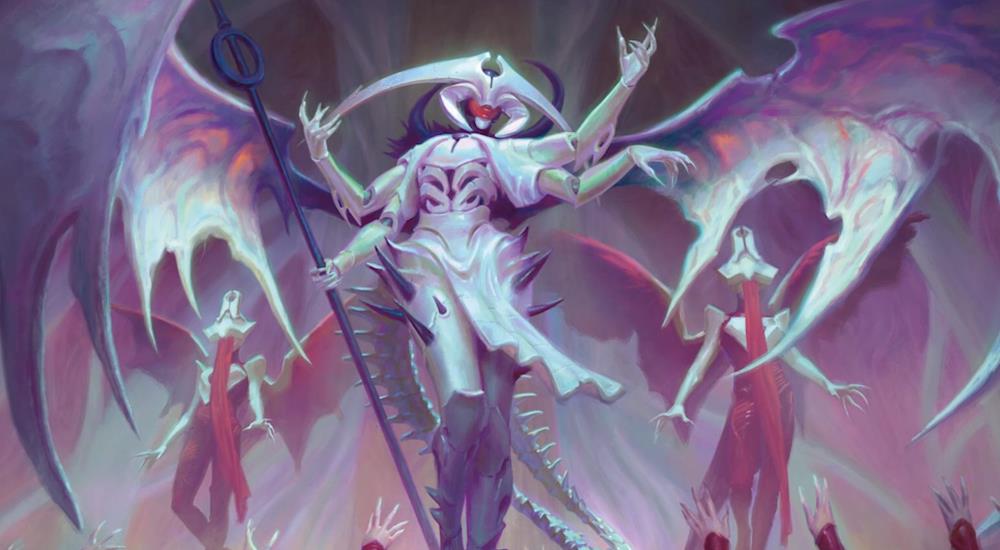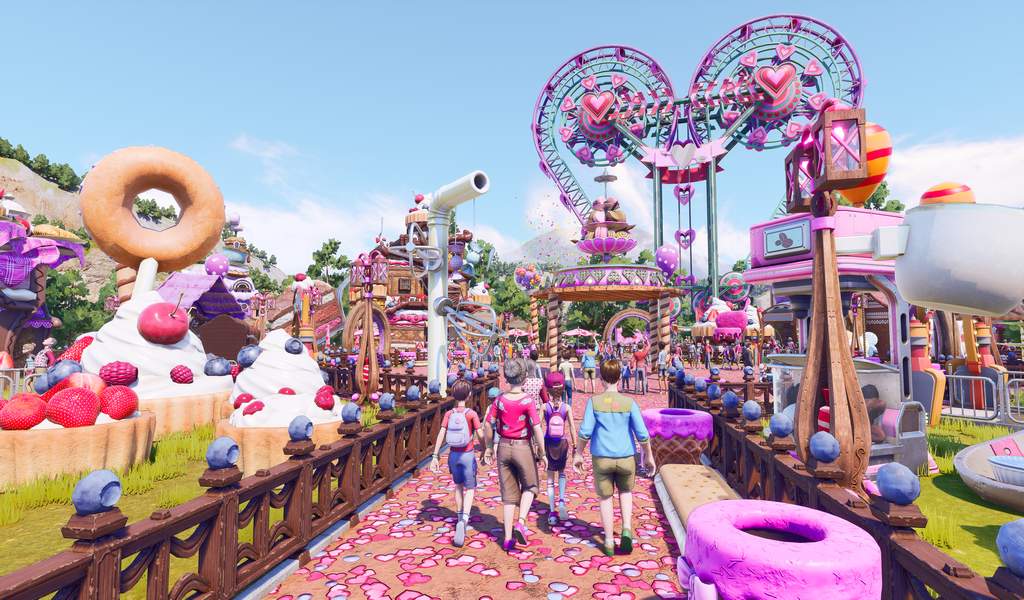RGG Studio Director Explains why They Remade Like a Dragon: Ishin Instead of Kenzan, and the Process of Choosing Mini-games to fit the Time Period
The RGG Summit saw a flurry of reveals from the studio that surely put fans of the studio in a frenzy. From Like a Dragon 8 to Kiryu’s appearance once again, Yakuza fever is at an all-time high, especially with the upcoming remake of the once Japanese exclusive, Like a Dragon: Ishin.
During Tokyo Game Show 2022, we (along with other media from Southeast Asia) got the chance to sit down with Director of Ryu Ga Gotoku Studio and Executive Producer Masayoshi Yokoyama & Yakuza Series Chief Producer Hiroyuki Sakamoto to talk about Like a Dragon: Ishin, why they decided to remake the game, why change to Unreal Engine, and what players can expect from the upcoming project.

*Parts of the interview have been edited for clarity
Why did the team decide to use Unreal Engine instead of the Dragon Engine for Like a Dragon: Ishin?
So basically the Dragon Engine itself was actually designed to portray Japanese streets in a night environment, like Kamurocho which takes the blueprint from Kabukicho in Shinjuku. The Dragon Engine can show really beautiful lighting, but in Like a Dragon: Ishin, we have a lot of scenes with daylight and a lot of natural environments, so we needed to choose an engine that can beautifully portray these scenes.
After a lot of experiments, we found that the Unreal Engine is the best match for the day scenes, so that’s why we chose it.
What factors and discussions led to deciding to remake Ishin?
The original game was only released in Japan nine years ago, and after that, we’ve gone to release a lot of new titles like Yakuza 6 and Like a Dragon. Yakuza 0 was the first title that we fully introduced localization to fit a global audience.
Ishin is based on historical Japan, but many fans from all over the world have expressed their voices and wanted to see the game remade.
Despite the many timelines across our dev teams, we found a really good time to introduce this project. In studios, there are also elements that timelines for newer projects come as a priority, but at the moment, it was just a really good time to start producing a remake of the title so that a global audience can enjoy it.

Being a remake, and not a remaster, how much of the gameplay did you change?
One thing that we really changed was the battle system. The different battle styles could only be used in the battle dungeons of the original game, but this time we have made it so that the soldier skills can be used in the battles of the main game.
Why did the team decide to remake Ishin instead of Kenzan?
From all of the fan feedback we have received, many fans wanted an Ishin remake more than Kenzan. We also believed that Ishin was more popular, and if we wanted to bring in the Kenzan remake, we would want to change the storyline a little bit, and that would take a lot of time and would be budget-consuming. It really needs good timing for us to consider a remake of Kenzan.
A big part of the Yakuza series has been the mini-games. Could you talk us through how the mini-games for Ishin were chosen, did it have to fit the historical setting?
Our first consideration was that all of the mini-games needed to fit in the Bakamatsu period, so we took a lot of examples from what was actually popular at that time, like Horse Gambling. We also really wanted to bring back a lot of the games that were popular with the fans like Mahjong.
It is a little weird just bringing the actual mahjong into the Bakamatsu period so we made some rearrangements, arranging Mahjong into Bakamatsu style. There wasn’t really Mahjong in that time period, but there were aspects that they tried to adapt to make it more natural to be playing it during the period.
A lot of this has been done to other mini-games so that it wouldn’t feel out of place, and the team tried to fit as many mini-games as they could that would feel natural within the setting.

Is there any possibility that the Like a Dragon games be divided into an RPG and a Brawler-type?
How we decided the genre of our games is that we need to fit it with our main protagonist and the story, so if we find out that it really fits the party game genre, then we would choose that.
At this point, we found that with Ichiban Kasuga, the RPG genre was the most fit for this character. If the story proceeds that he becomes alone without all of his friends, then it can be made into an action game. On the other hand, if it turns out that he has a million followers, then it could be a simulation game.
There isn’t really any solid plan to change the genre. It’s more like to fit in with the story and protagonist, we choose the best genre possible.
With the introduction of Kiryu in the trailer of Like a Dragon 8, and with you saying that the genre chosen fits the story and protagonist, will we see some brawler elements despite the game being marketed as an RPG?
No. We want to be crystal clear that the answer is no. We don’t want people to have strange expectations, so no.
Why did the team decide to change the name of the series to Like a Dragon from Yakuza?
In Like a Dragon: Ishin, there’s no Yakuza at all. It would be strange if we gave the name Yakuza Ishin because Yakuza wasn’t even a concept back then. By the time when we decided on the English name, we got a proposal from the US team that they would like to introduce Like a Dragon since it was already being used at that point, so it seemed like a good direction.
For a new player that didn’t play the original Ishin game, what can they expect?
The original game is already a spin-off from the series, so even if you don’t know anything about the main story of the Yakuza series, you can still enjoy the game. You can almost consider this a new game since it was only released in Japan.
We also remade the whole tutorial for the game, so that should ensure that everybody, whether a previous player or a new player, can enjoy the game.

Like a Dragon: Ishin is scheduled to release on February 21, 2023 for the PS4, PS5, Xbox One, Xbox Series, and PC.




